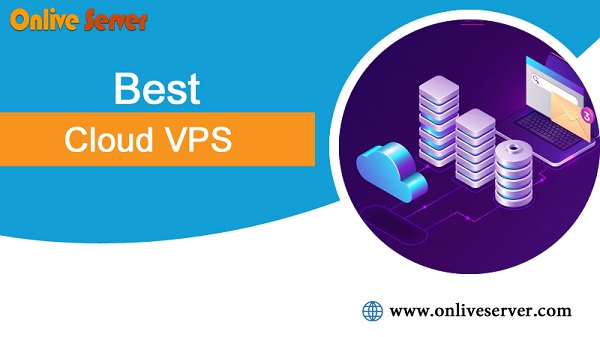
Introduction
In the past few years, cloud hosting has become increasingly popular with small and midsize businesses (SMBs). And for good reason! Cloud hosting offers numerous benefits to SMBs, including reduced costs, scalability, and an improved disaster recovery plan. When it comes to selecting the best cloud VPS hosting provider for your business, however, it can be difficult to separate providers based on price alone.
What is Best Cloud VPS?
It is a pay-for-use model that allows customers for Best Cloud VPS to access real-time data from any device connected to the internet. This technology allows multiple users access to network storage simultaneously from different places (hence cloud), enabling them to share files instantly.
Features
Guaranteed CPU, RAM, I/O performance. We install your operating system, so you don’t have to. Our system is built on SSDs to eliminate any lag from using a hard drive. Enjoy a dedicated resource pool with no other users on it, eliminating interference from other customers’ websites or applications. Comes with proactive 24/7 monitoring to ensure that your server never goes down.
Ease of Use
Simplicity is something that every business owner looks for when selecting a hosting company. With cloud hosting services, all you have to do is sign up online, select an operating system, choose your apps and upload your files, then turn it on—you’re done! Because everything is handled via a user-friendly web interface, you can get started in minutes without calling a tech support line or installing any hardware. It doesn’t get much easier than that.
Control Panel Options
Choose from one of three top-rated control panels—Plesk, DirectAdmin, or cPanel. Whatever your needs are in terms of security, budget, or user-friendliness, you’ll find a web hosting solution to fit them with 1&1. Plesk has long been one of our most popular servers thanks to its intuitive user interface and ease of management.
Categories of cloud VPS
The 3 categories of cloud VPS are Basic, Virtual Private Server (VPS), and Dedicated Hosting. I have experience in all 3 categories so let me go into more detail on them. In each section, I’ll explain what they are, their strengths, weaknesses, who they’re good for, and finally my recommendations. Specs & Features: A VPS usually has better specs than shared hosting because it runs its operating system, CPU, and resources which is where it gets its name from. You don’t share anything as you do with shared hosting because you have your dedicated server that only hosts your website or software application.
Windows Web Hosting
Because many hosting platforms don’t offer Windows Web Hosting-based virtual private servers, or Windows isn’t supported by your software, going with a Windows-based virtual private server is your best bet. The most popular options include Microsoft Azure and Amazon EC2, but there are other good choices as well. One of our favorites is from DigitalOcean.
Technical support
When you use cloud virtual private servers (VPS), you have access to 24/7 technical support, so any problems you encounter can be addressed quickly. Another great thing about cloud virtual private servers is that they can be set up in a matter of minutes, as opposed to setting up a physical server, which can take days or even weeks.
Conclusion
Cloud computing is rapidly emerging as a viable option in today’s market. Even small businesses are turning to it to host their websites, software applications, and other online operations. To succeed with cloud hosting, however, you need to understand its pros and cons. By taking your time to learn more about cloud computing options—such as cloud virtual private servers (VPS)—you can make a smart decision when choosing your solution.







